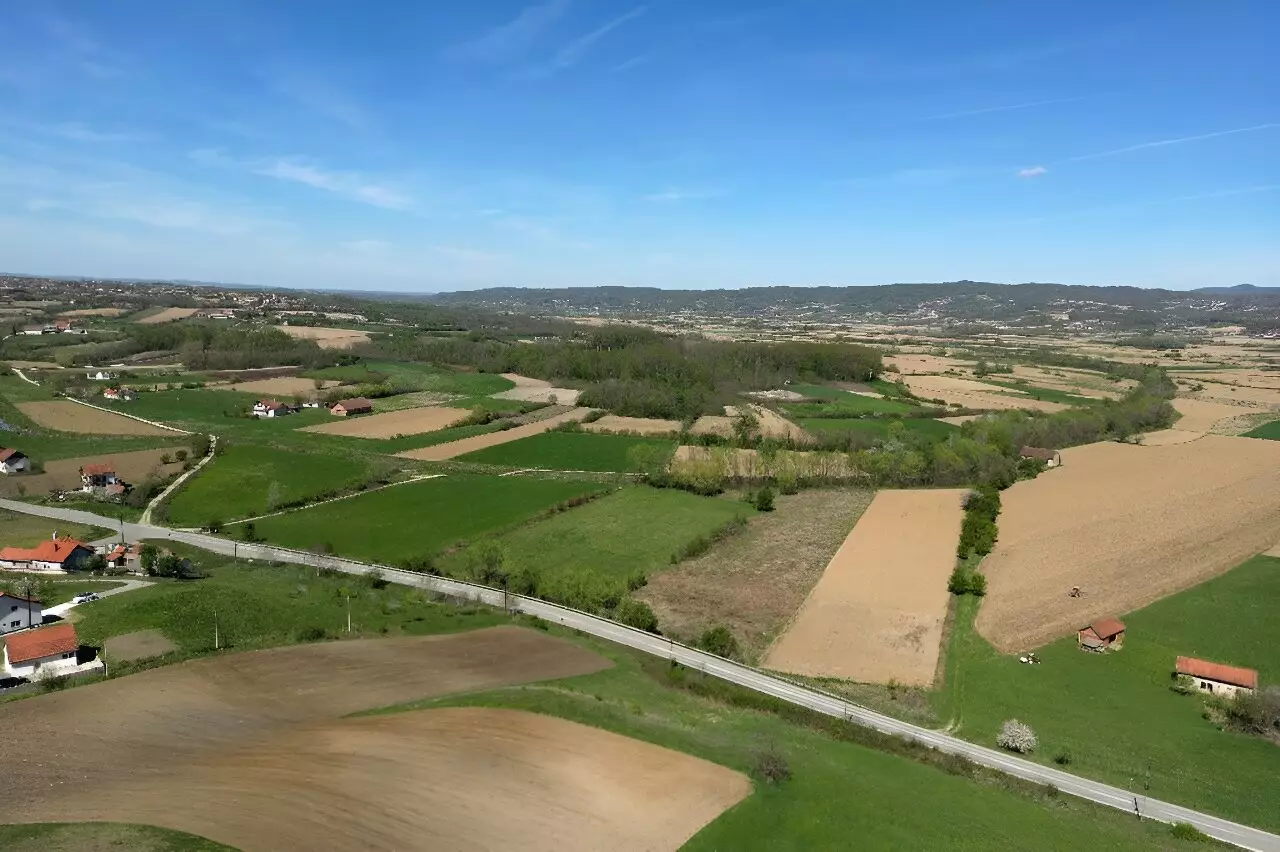President Aleksandar Vucic of Serbia has recently expressed optimism about the country’s potential to exploit lithium reserves by 2028. This comes after new guarantees from Australian mining giant Rio Tinto and the European Union, signaling a possible revival of the controversial mining project in Jadar, western Serbia. The region is said to hold one of Europe’s largest reserves of lithium, a vital metal for the production of electric vehicle batteries.
Environmental Concerns and Transparency Issues
The mining project in Jadar had faced significant opposition from environmental activists and local communities due to concerns about the impact on the environment and public health. The Serbian government had initially suspended the project in 2022 following weeks of protests. Critics accused Rio Tinto and President Vucic of lacking transparency and failing to provide adequate environmental impact reports. However, the mining giant has since published an environmental impact report in an attempt to address these concerns and reset the terms of the debate.
President Vucic stated that both Rio Tinto and the EU have provided new guarantees regarding compliance with environmental standards for the project. He emphasized that if all conditions are met, the mine could be operational by 2028. Vucic believes that the project would not only benefit Serbia but also have a significant impact on the entire region. The mine is projected to produce 58,000 tonnes of lithium annually, which could account for a substantial portion of electric vehicle production in Europe.
In a move towards strengthening ties with the European Union, Serbia signed a letter of intent in September 2023 for a strategic partnership in batteries and raw materials. This partnership could potentially open up new opportunities for Serbia’s lithium reserves and help navigate the complex landscape of battery production in Europe. With the growing demand for electric vehicles and sustainable energy solutions, the development of lithium reserves in Serbia could play a crucial role in the country’s economic growth and environmental sustainability.
While the potential of Serbia’s lithium reserves presents opportunities for economic development and innovation, it is essential to address the legitimate concerns of environmental impact and transparency. By upholding stringent environmental standards, fostering meaningful dialogue with stakeholders, and leveraging partnerships with the EU, Serbia could pave the way for a new era of sustainable resource utilization and technological advancement.


Leave a Reply